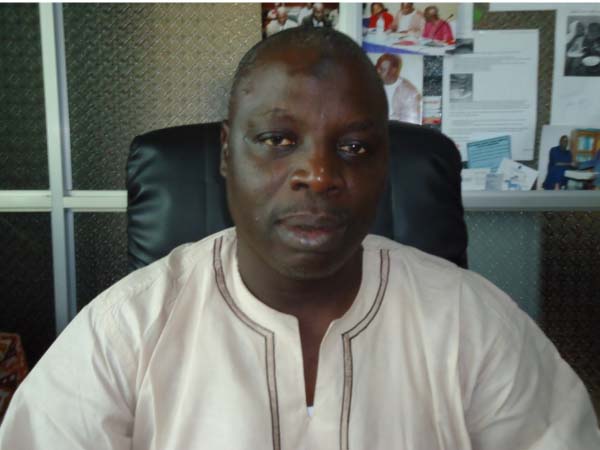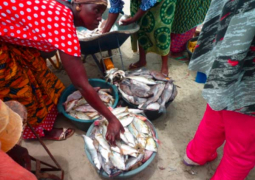
The training, which took place at a hotel in Bijilo, was held to equip the media fraternity with adequate knowledge about the dangers of tobacco use, and to guide them on how to use appropriate techniques on tobacco control.
The tobacco epidemic is a global challenge, which demands concerted global and national action.
According to the WHO, tobacco epidemic kills nearly six million people worldwide each year, of which more than 600,000 are nonsmokers exposed to second-hand smoke.
Speaking on the occasion, Modou Njai, Director of Health Promotion and Education at the Ministry of Health and Social Welfare, stated that The Gambia had registered significant development in tobacco control, hence training of media personnel is crucial in the fighting against tobacco.
He called on media practitioners to serve as tobacco control advocates to be sensitizing the general public about the dangers associated with tobacco.
The media can play a crucial role in changing the attitude of people towards tobacco control, he said, adding that The Gambia is not a tobacco-growing country but industries are using the country as a transit point.
Momodou Gassama, health promotion officer at the WHO Gambia office, in his remarks, said: “Tobacco is a legal product but it kills.”
Reaffirming that the training of the journalists was timely, Mr Gassama urged the media to take such training very serious because tobacco smoking is of very important health concern.
Jennifer Kalule, Advocacy Manager and the acting-Manager of Centre for Tobacco Control in Africa based in Uganda, said the training would equip the Gambian journalists with adequate knowledge about the dangers of tobacco use and also help the media to appreciate tobacco control from a public health perspective so as to influence policy change.
Miss Kalule, who was the resource person for the training, said knowledge and skills gained from the training would help the journalists in their reporting techniques on tobacco control initiatives in a way that can support policy change, especially the enactment of the draft Tobacco Control Bill.
Read Other Articles In Article (Archive)
Gambia Youth Actors Association Established
Feb 26, 2009, 4:38 AM
Notorious thieves jailed
Dec 15, 2010, 11:27 AM



